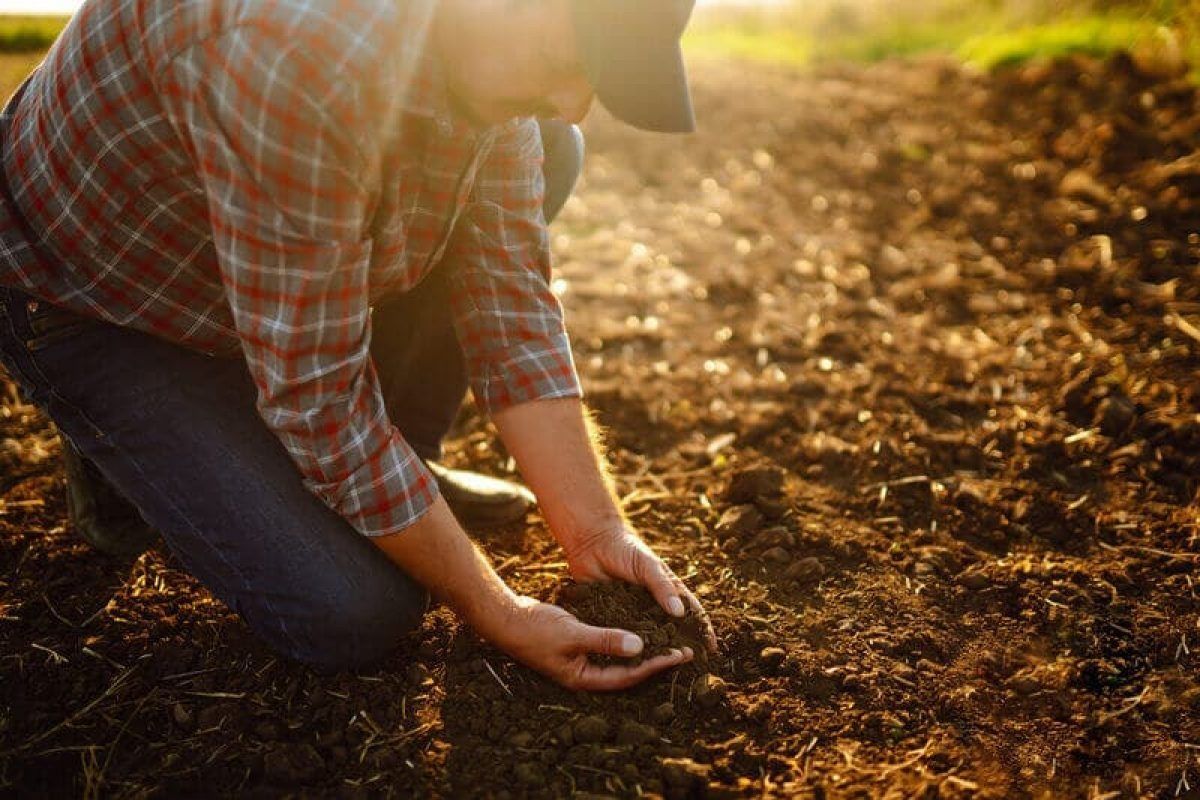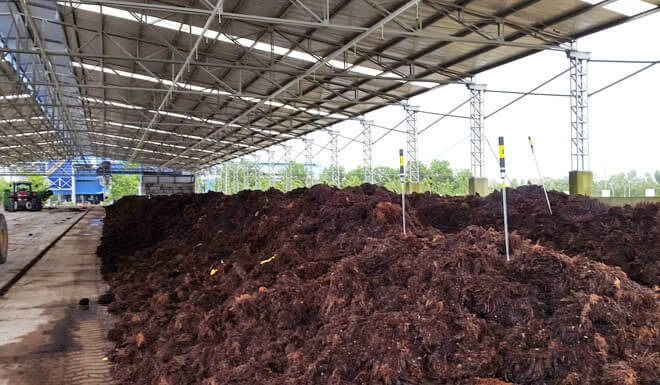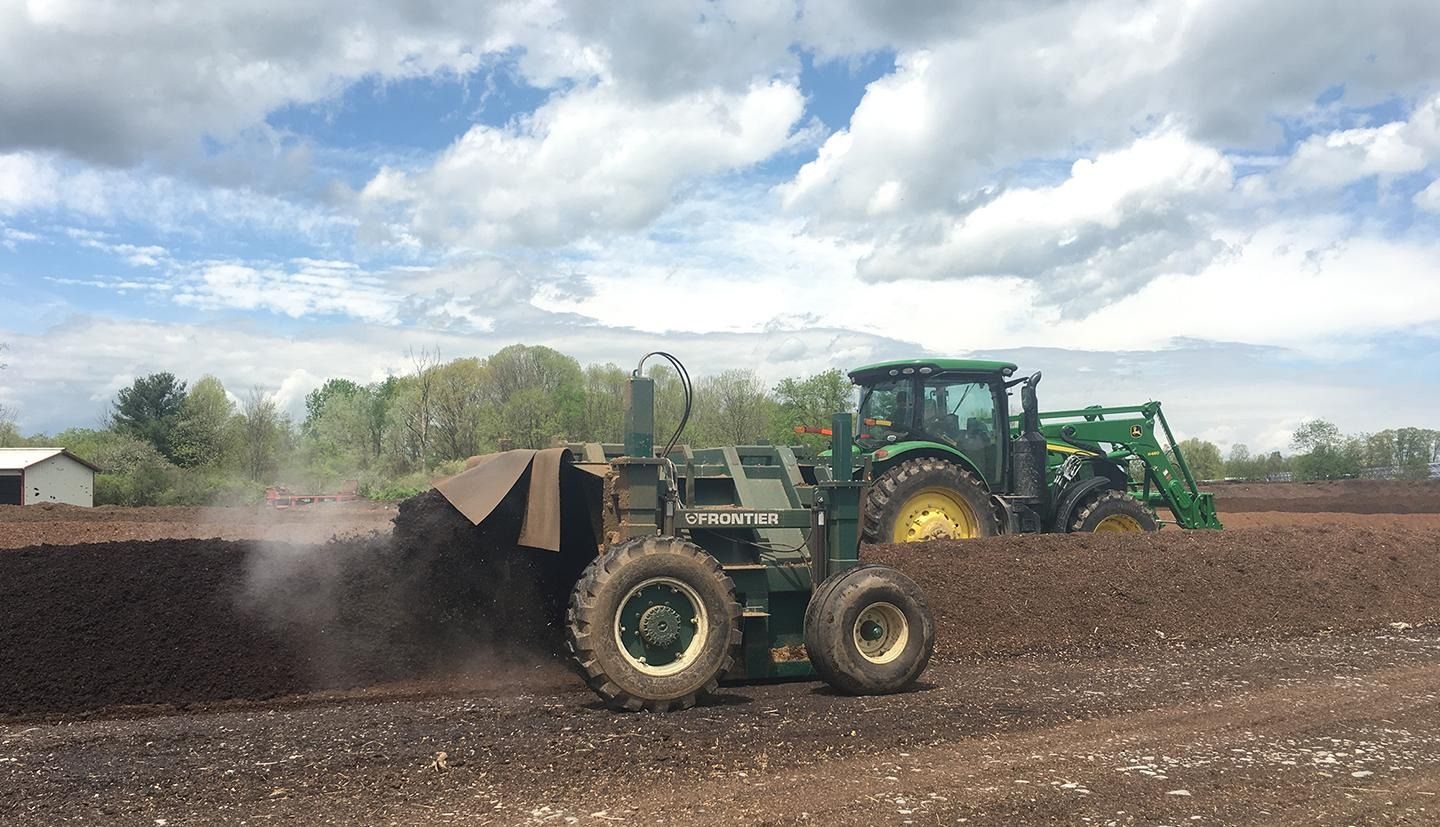Compost and soil carbon play a vital role in sustainable agriculture. By converting organic waste into nutrient-dense compost, farmers can significantly improve soil health and aid in carbon sequestration. As the push for regenerative farming and sustainable soil management gains momentum, the importance of compost in creating carbon-rich soils becomes increasingly evident.
For farmers and environmentalists alike, understanding the relationship between compost and soil carbon can yield significant benefits. Compost not only enhances organic matter in soil, but also contributes to reducing carbon footprints. With the threat of climate change on the rise, incorporating living carbon compost into farming practices can promote environmental health while ensuring strong agricultural yields.
Are you ready to learn how living carbon compost can transform your farming approach? Let’s explore this essential concept and its implications for the future of agriculture.
The Evolution of Compost in Agriculture
The use of compost is not a new practice. In fact, it dates back centuries, with early civilizations recognizing its benefits in enriching the soil. However, it’s only in recent decades that the true power of compost in enhancing soil carbon levels has been fully understood. Initially, compost was seen simply as a natural fertilizer; today, it’s a cornerstone of sustainable farming practices.
At Carbon Cycle Consulting, we focus on providing custom living carbon compost solutions. By emphasizing carbon sequestration in agriculture, we help farmers improve soil health while making strides toward environmental sustainability. Moving away from chemical fertilizers to natural compost methods is a significant step toward regenerative farming.
This shift not only improves soil quality but also offers farmers an opportunity to engage in climate-positive practices that benefit both the environment and their bottom line. Understanding this historical evolution of composting helps illustrate the potential of compost in addressing both environmental and farming challenges.
Real-World Implications of Carbon-Rich Soils
Compost makes a tangible impact on farm operations around the world. For example, consider a farmer dealing with poor soil conditions. By introducing compost, they can significantly enhance soil health, increase water retention, and provide the nutrients necessary for healthier crop growth. In addition to these benefits, compost helps trap more carbon in the soil, contributing to carbon sequestration in agriculture.
At Carbon Cycle Consulting, we see firsthand how living carbon compost helps farmers integrate carbon-rich organic matter into their soil. With our tailored compost solutions, farmers can improve their crop yield while reducing their environmental impact. As more and more industries embrace these practices, the potential for large-scale environmental improvements grows.
The success stories we encounter daily highlight the power of compost and soil carbon. Farmers who adopt composting practices often experience a decrease in chemical inputs, an increase in crop quality, and richer soil. The shift toward composting is a win-win for both agriculture and the environment.
The Takeaway
Adopting compost and building carbon-rich soils isn’t just a passing trend; it’s a necessity for sustainable farming. As companies like Carbon Cycle Consulting continue to innovate in this space, the possibilities for carbon sequestration and healthier farming practices are endless. By integrating compost into your soil management strategy, you can make a positive impact on both your farm and the environment.
Start your journey today by exploring living carbon compost and discover how it can reshape your farming practices for a more sustainable future.





